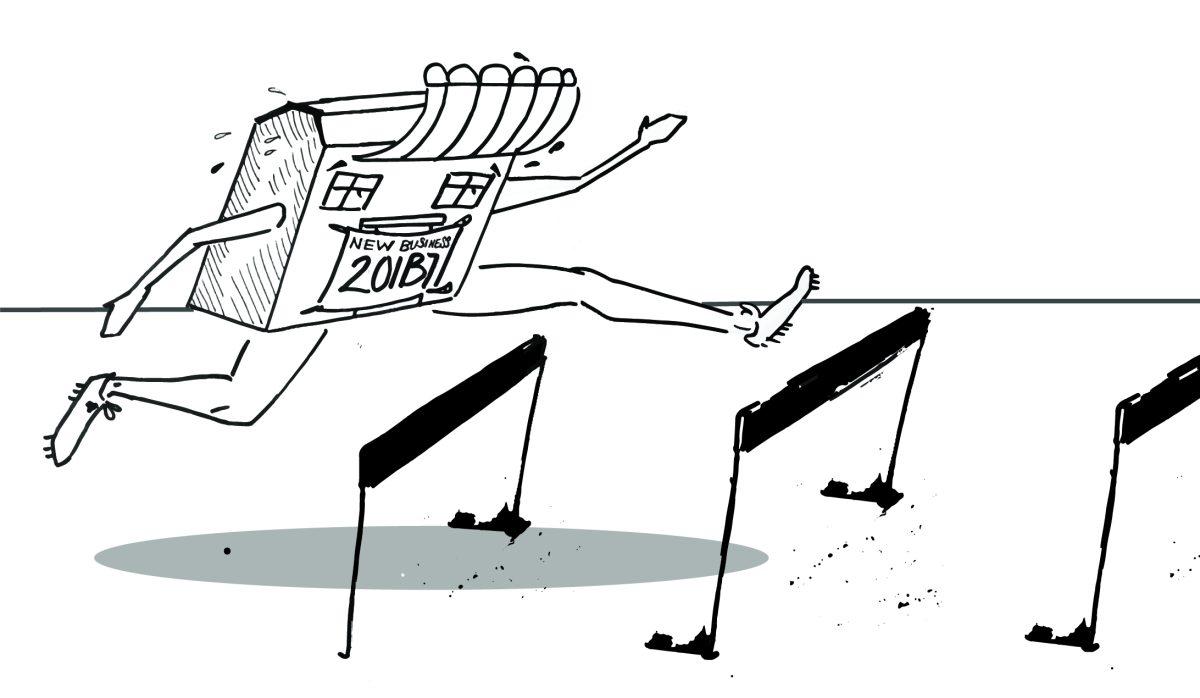Back in the early 2000s, Melony Armstrong, from Tupelo, Mississippi, decided she wanted to pursue a career in African hair braiding by opening up a salon in her hometown. However, she ran into serious trouble in the pursuit of her dream career.
Armstrong found out in order to become an African hair braider in the state of Mississippi, she would have to comply with a long list of qualifications and requirements set in place by the State Board of Cosmetology.
According to an article in Real Clear Policy, Melony was faced with the prospect of spending around $10,000 and a number of years in cosmetology school in order to qualify for her license from the state board.
Since this was a skill she had been crafting in her spare time for years, it seemed unnecessary to spend so much time and money to be allowed to open up her own salon. In fact, the first license she obtained was in wigology, not hair-braiding, and that process by itself entailed 300 hours of coursework.
In 2004, Melony, along with a legal team from the Institute of Justice, filed a lawsuit in a U.S. District Court to dispute the harsh licensing requirements. The lawsuit turned out to be a success for Armstrong, and in 2005, the Mississippi Legislature ended up excusing hair braiders from the burdensome process.
While this was certainly a success story for one entrepreneur, it opened many people’s eyes to the fact Mississippi had constructed an extensive occupational licensing system that was likely holding back others from the success Armstrong was finally able to enjoy.
Occupational licensing laws were originally created in order to guard consumers against fraudulent professionals, particularly fraudulent doctors, lawyers and nurses.
The problem is many states in the U.S. started requiring other professionals start passing training courses or requirements in order to be allowed to work legally.
A report from the Brookings Institution says during the 1950s, only around five percent of workers needed these licenses to work. While today, nearly a quarter of workers must pass such certifications.
Such an increase may not seem nefarious at first, but a growing amount of academic research has indicated there is reason to worry.
Morris Kleiner, an economist at the University of Minnesota, has spent years researching occupational licensing laws. In his report for the Brookings Institution, he stated because licenses are required for so many professionals, prices have to be raised and it is harder for workers to enter their professions.
“There are tremendous societal costs with little improvement to service, quality, health and safety,” Kleiner said in his report.
With this knowledge established, we turn our eyes back to the Magnolia State. It is no secret that Mississippi has struggled with economic growth and business startups in recent decades.
It is no surprise in 2016, Thumbtack’s Small Business Friendliness Survey gave Mississippi a “C” for business friendliness, which means it is usually difficult to start a small business in the state.
Luckily, Mississippi lawmakers did not stop after 2005 with their reforms to the occupational licensing laws. In March of this year, the Mississippi Legislature passed H.B. 1425, which introduced reforms to the states licensing laws.
According to Reason Magazine, the bill was an attempt to change the way the state licensing boards were constructed, so it would be more difficult for incumbent professionals to block entrants into the profession.
Essentially, it would make the licensing requirements more dependent on consumer-created or third party rating organizations (such as Yelp) to make determinations on proper certifications.
If these turn out to be ineffective steps, the state would still be capable of imposing inspections or targeting fraudulent agents through the state attorney general.
The bottom line is this legislation may lead to more entrepreneurs being willing to start businesses of their own in Mississippi because there are fewer hurdles to overcome.
Knowing how occupational licensing laws can drive prospective workers from certain industries and raise costs for consumers, people in Mississippi should wholeheartedly support persistent efforts by the legislature to address these labor market issues.
Mississippi is in dire need of innovators to help grow its economy and increase prosperity for all its citizens. Continuing to confront burdensome occupational licensing laws will be a great way to move us down this pathway.
Categories:
Mississippi needs to lighten occupational licensing laws
0
Donate to The Reflector
Your donation will support the student journalists of Mississippi State University. Your contribution will allow us to purchase equipment and cover our annual website hosting costs.
More to Discover






